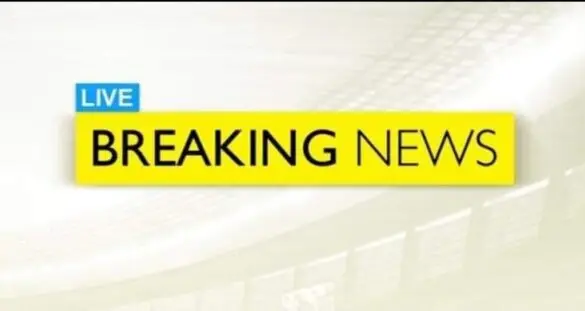**League Releases Statement: Joao Pedro’s Swinging Arm Incident – VAR Clears Him of Violent Conduct**
In a statement released earlier today, the football governing body has clarified the controversial incident involving Brighton & Hove Albion’s forward Joao Pedro during his side’s recent match against Brentford, where his swinging arm caught a Brentford player in the face. The incident, which occurred in the second half of the match, sparked immediate debate among fans and pundits alike. Despite the apparent nature of the contact, the referee, with the assistance of VAR, opted not to issue a red card, a decision that has since been explained in a league statement.
At the time of the incident, it appeared that Pedro, while contesting for the ball with Brentford’s defender, may have inadvertently swung his arm toward the player’s face. The Brentford player, visibly in discomfort, went down to the ground, prompting an immediate check by the match officials. Given the nature of the contact, many viewers initially feared that Pedro might be shown a red card for violent conduct.
However, after consulting with the VAR team and reviewing the footage, the on-field referee, Darren England, decided to take no further action. The official reasoning, now clarified by the league, states that while the swinging arm made contact with the Brentford player, the incident was not deemed to be “violent conduct” under the Laws of the Game.
The league’s statement reads: “Following a thorough review of the incident involving Joao Pedro during the Brighton vs Brentford match, the VAR team concluded that the action was not one of violent conduct. The contact was deemed to be accidental, with no clear intent to harm or injure the opposing player. As a result, the on-field referee’s decision to issue a yellow card was deemed appropriate, and no red card was warranted.”
The statement further explained that the key factors in the decision were the lack of malicious intent and the minimal force used in the swing, which, according to the VAR team, did not meet the threshold for violent conduct as outlined in the football laws. “While the action was careless and could have been interpreted as dangerous play, it was not sufficiently aggressive or intentional to warrant a red card,” the league confirmed.
Many fans and commentators have since voiced their opinions on the decision, with some believing that Pedro’s arm swing could have been punished more severely. Others have defended the referee’s decision, pointing out the complexities of interpreting such moments in real-time, especially when the contact appears to be incidental.
The controversy has ignited a broader discussion about the role of VAR in modern football, with some arguing that the system should be used more decisively to eliminate any potential for violent conduct, while others caution against over-interference with the match flow.
Brighton manager Roberto De Zerbi was asked about the incident in his post-match interview, where he expressed support for his player. “Joao is a good player, and I think it was an unfortunate moment. I’ve seen the footage, and I believe it was not intentional. He didn’t mean to hurt anyone. The VAR decision was fair, and I trust the system.”
Brentford manager Thomas Frank, on the other hand, acknowledged the decision but hinted that it was a moment of frustration for his side. “It’s tough to take sometimes, but these decisions are part of football. We move on, and the focus is now on our next match.”
For now, the matter seems to have been settled, but the incident serves as another reminder of the fine line between accidental and deliberate actions in football, and the ongoing challenge of getting these decisions right in real-time. The VAR debate, meanwhile, continues to be one of the most hotly contested topics in the game.



